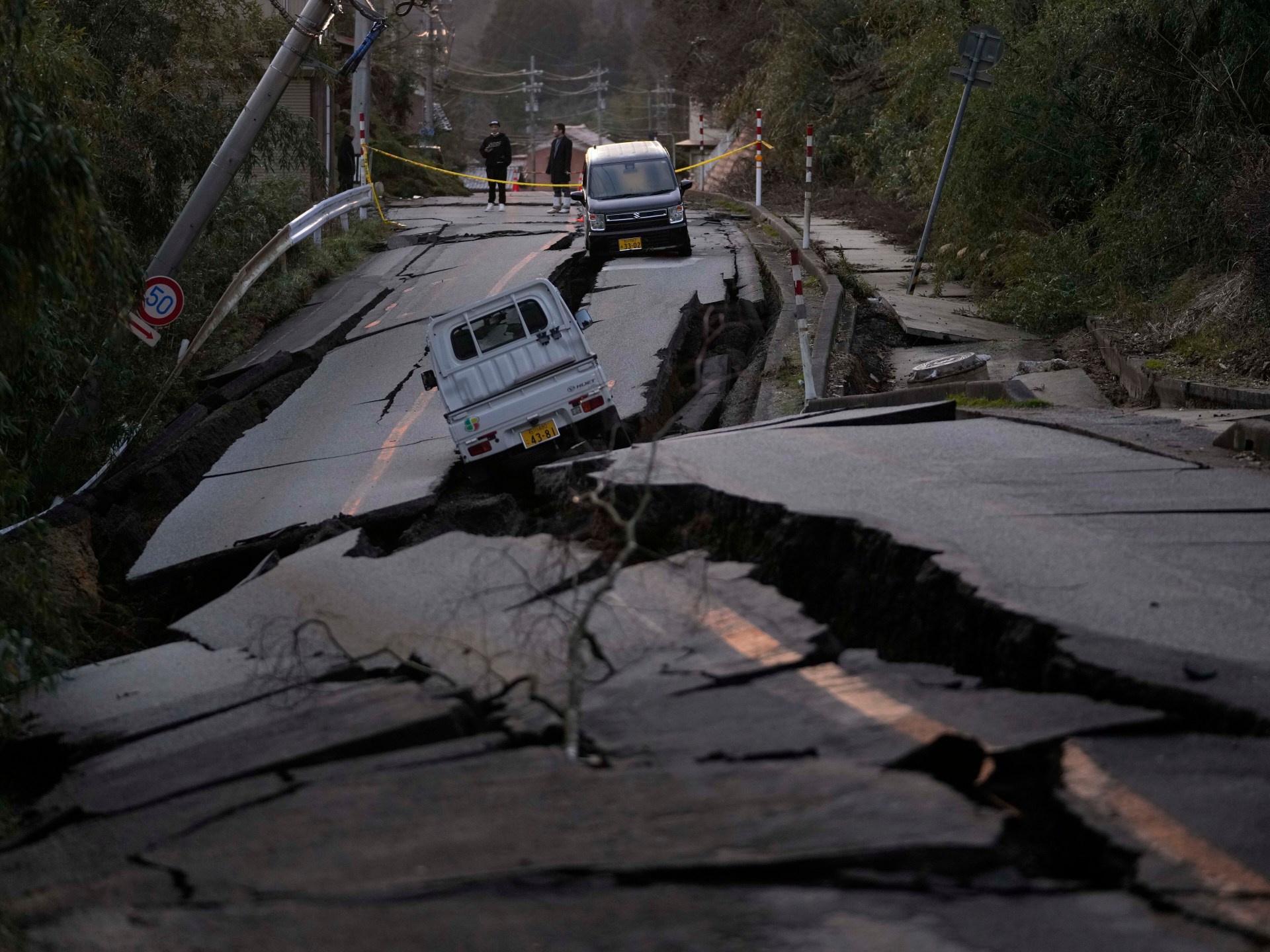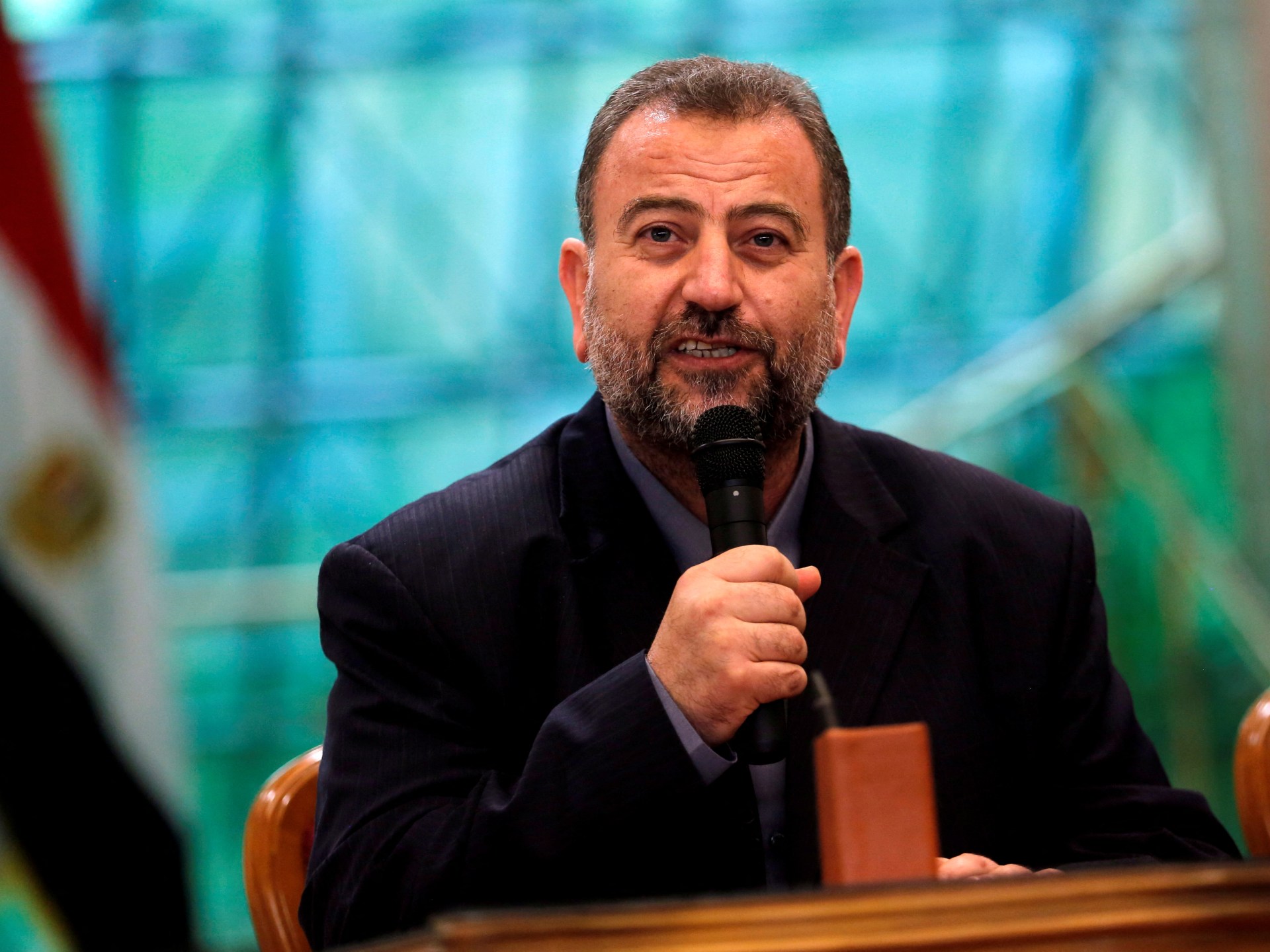Tense and difficult negotiations continue at the United Nations Security Council in an effort to break the deadlock crippling the world’s most powerful decision-making authority – as death and despair rain down on Gaza.
Al Jazeera has learned that Malta’s ambassador to the UN, Vanessa Frazier, has circulated a new resolution among the Council members for consideration and a potential vote, hoping to finally pass a resolution on the war on Gaza, after serial failed efforts over the past month.
Malta is one of 10 elected members of the Council and has been the penholder on children in armed conflict since 2022. This position gives Malta the opportunity to play a leading role in the UNSC’s efforts to protect children in conflict zones. Diplomatic sources have told Al Jazeera that this new resolution is being drafted with a focus on children in the hopes that all 15 members of the UNSC can agree on protections for children in the ongoing conflict.
On Friday, Adele Khodr, UNICEF Middle East and North Africa regional director, said, “Children’s right to life and health is being denied.” The UN agency went on to warn that the lives of one million children in the besieged enclave are “hanging by a thread” as child health services almost collapse across the Gaza Strip.
There is renewed hope that the UNSC will finally respond to the war on Gaza, not only because there have been new attempts to find compromise language that will appeal to all its members, including the United States, but also because there has been a shift in the stance of the US itself. President Joe Biden called for a humanitarian pause to Israel’s war for the first time on November 2.
The US says it is actively engaging with the elected members – Albania, Brazil, Ecuador, Gabon, Ghana, Japan, Malta, Mozambique, Switzerland and the UAE. This is significant because its veto power has been one of the reasons why several of the previous Council resolutions have failed since violence broke out on October 7.
But, as ever, in the Council, there is much wrangling over the exact language of the resolution. Russia and China have vetoed a US resolution calling for a “humanitarian pause”, a phrase suggesting it would be conditional and time-limited. Most of the rest of the Council wants the resolution to include the word “ceasefire”. The choice of a single word in the resolution – pause or ceasefire – has meant an impasse in the UN’s top body, empowered with the maintenance of international peace and security.
With the Maltese resolution, sources told Al Jazeera, a key question that might come up for debate is the duration of the pauses in fighting. Humanitarian groups, and even US Secretary of State Antony Blinken, have said the four-hour pauses that Israel has agreed to are currently not enough to ease humanitarian suffering meaningfully. However, it is unclear whether the US will agree to pauses that last several days at a stretch.
Still, one thing has changed since the previous resolutions. The UN General Assembly – which represents all of the UN member states – has expressed its clear opinion, calling for a humanitarian truce that passed on October 27 with 120 votes out of the 193 members. Such a resolution is not binding but has moral weight as a temperature check of the world’s mood.
Why has the UN failed to agree to a ceasefire in Gaza?
Previous UNSC draft resolutions calling for a ceasefire in Gaza have failed. Two resolutions drafted by Russia did not get enough votes, with the US among the countries that voted against them. Even though a resolution proposed by Brazil received 12 votes out of the 15 member states, the US vetoed the draft. And, Russia and China vetoed a resolution drafted by the US.
While the five permanent members of the UNSC – China, France, Russia, the United Kingdom and the US – have the power to veto any resolution that they do not like, it remains reasonably rare. The US and Russia are the two countries that have exercised their veto power the most in the past. In recent years, the US has mostly used its veto to protect its ally Israel.
This was not always the case. Prior to the 1970s, the US often allowed resolutions to pass that Israel did not like.
In 1956, it voted with other UNSC members to criticise Israel for a military operation in Gaza the previous year. Egypt controlled Gaza at the time.
Will Israel abide if a resolution passes?
More recently, on December 23, 2016, during the last days of the Barack Obama administration, the UNSC passed Resolution 2334.
This resolution reaffirmed that Israel’s settlements in occupied Palestine, including East Jerusalem, “had no legal validity, constituting a flagrant violation under international law”. It added that the settlements were a major obstacle to the vision of a two-state solution. There was considerable pressure from Israel and within the US for the Obama administration to veto it, but in the end they abstained. The resolution passed with 14 votes.
While the Council’s resolution, which also called for immediate steps to prevent violence against civilians, is “binding international law”, it was ignored by Israel.
What happens if a country defies a UNSC resolution?
If the resolution is broken, the next step is for the Council to take punitive action. This would be done in a follow-up resolution, which addresses the breach and calls for action.
The UN has taken action in the past by sanctioning breaching countries. However, in recent years, there has been pushback from permanent members Russia and China, who are not keen on the UNSC adopting new sanctions.
Under the UN Charter, the Council can go even further and order the authorisation of an international force. A notable example of this was in 1991 when a US-led military alliance was created to reverse the invasion of Kuwait by Iraqi leader Saddam Hussein.
The problem lies in any potential follow-up resolution. There are virtually no circumstances under which the Biden administration would support a punitive resolution that would take forceful action against Israel.
Currently, there are backchannel efforts from the US administration to try and get Israel to restrain its military operations and stop killing civilians. But they are not working.
Israel does not currently seem at all concerned about accountability under international law. Israel and the US are not signatories to the Rome Statute that set up the International Criminal Court (ICC).
The court has made it clear that it does have jurisdiction regarding crimes committed in the Gaza conflict. Violations of UNSC resolutions and breaches of international humanitarian law, such as targeting hospitals and indiscriminate bombardment of civilians, could form part of a compelling case.
But even if the ICC takes action, there is no way that Israeli Prime Minister Benjamin Netanyahu would voluntarily surrender himself into custody in The Hague. The same way, we have not seen Russian President Vladimir Putin offer himself up to the ICC judges when an arrest warrant for war crimes was issued against him by the ICC in March.
All this does not mean that circumstances will not change at some point. And if you breach international law, there is no statute of limitation on war crimes. The ICC and a separate International Independent Commission of Inquiry, set up by the UN Human Rights Council in 2021, are gathering evidence on the current conflict. This will remain on the record for the world to see.
What has the UN done so far?
If we go back into history, the UN has established peacekeeping forces to tackle issues involving Israel. This includes the UN Emergency Force (UNEF), which deployed international peacekeepers on the border between Egypt and Israel in 1956.
Two other missions are still operating, to this day. The UN Disengagement Observer Force (UNDOF) was established in 1974 after the agreed disengagement of the Israeli and Syrian forces in the Golan Heights. In 1978, the UN Interim Force in Lebanon (UNIFIL) was formed to confirm Israeli withdrawal from Lebanon and to restore international peace and security.
These forces have a mandate to report any breaches, monitor the situation and provide a calming presence.
Yet, there are limits to what these forces can accomplish by way of establishing peace. There is currently no calm on the front line between Lebanon and Israel, known as the Blue Line, with the heaviest clashes for years between Hezbollah and Israeli forces. The Golan Heights situation has also been very tense for a long time, including during the Syrian war.
But all that only matters if the UNSC can first agree on a resolution. It is about to be tested again.

 Movie
Movie 5 months ago
137
5 months ago
137 






![Presidents Day Weekend Car Sales [2021 Edition] Presidents Day Weekend Car Sales [2021 Edition]](https://www.findthebestcarprice.com/wp-content/uploads/Presidents-Day-Weekend-car-sales.jpg)



 English (United States)
English (United States)